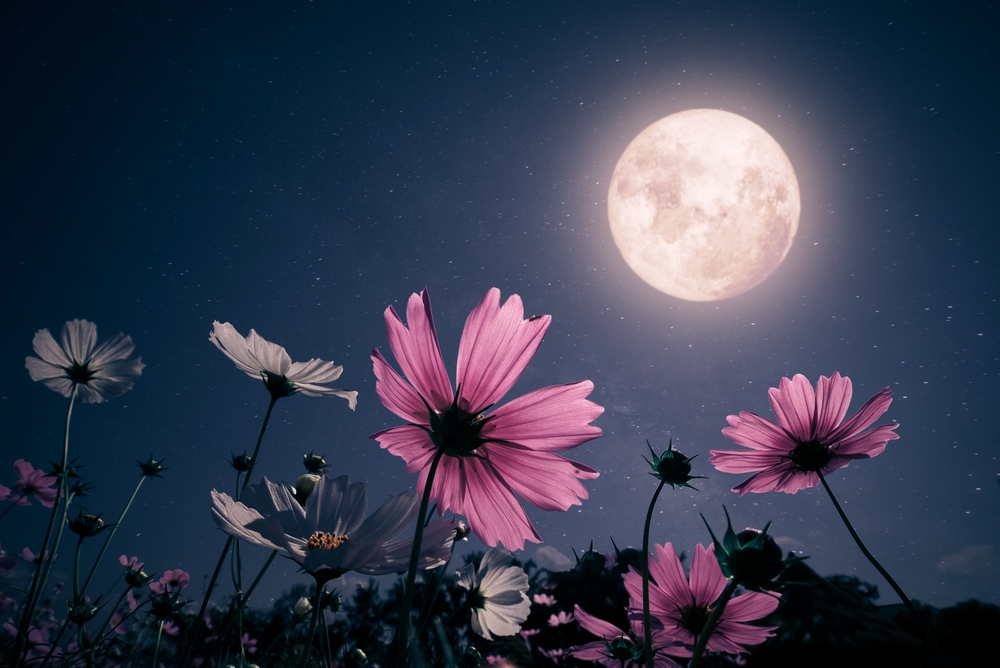In the tapestry of time, the alignment of celestial bodies orchestrates not only natural phenomena but also the timing of our cherished religious celebrations. The lunar rhythms influence the 2024 celebrations of Easter, Passover, Ramadan, and Holi, posing both challenges and curiosity for observers around the world. Let’s explore the intricate cosmic dance that determines the dates of these events and find out what makes them change so frequently.
Why is Easter early, but Passover late?
In the Christian calendar, Easter marks the resurrection of Jesus Christ. It takes place on the first Sunday after the Paschal Full Moon, close to the vernal equinox. This year, on March 31st, Easter arrives, nearly two weeks earlier than last year, illuminating the faithful with its significance. According to the U.S. Census Bureau, 2024 marks the first year in almost a decade that Easter will not be celebrated in April.
On the other hand, the Jewish holiday of Passover begins on April 22nd, which is more than two weeks later than in 2023. The dates of Passover, which are determined by the Hebrew calendar, represent the journey to liberation since they coincide with the phases of the moon.
The lunisolar calendar: the interplay between time and tradition
The Farmers’ Almanac explains that at the heart of these shifting dates lies the concept of the lunisolar calendar. Thanks to this ancient method, which coordinates the phases of the moon and sun, “movable feasts” came into being. Every holiday finds its beat in this cosmic dance, from Easter’s Paschal Full Moon to Passover’s lunar embrace.
Ramadan’s sacred observance and Holi’s vibrant palette
The Hindu festival of Holi is a colorful extravaganza that marks the beginning of spring. Holi is a two-day celebration of rebirth and joy that is governed by the Phalguna calendar.
In the meanwhile, Muslims begin the holy month of Ramadan when they see the new crescent moon. The holy month of Ramadan, which follows the Islamic year (Hijri), is a time for worship, introspection, and charity. Fasting and prayer during the holy month of Ramadan (March 10–April 9) this year is an opportunity for personal and social renewal.
Tracing tradition through time
A complex web of history and customs emerges when we study these astronomical calendars. Every astronomical event, from the soft sway of the Paschal Full Moon on Easter to the solemn vigil of the lunar crescent during Ramadan, is an invitation to pause, contemplate, and celebrate the variety of our shared heritage.
The moon gracefully shapes our religious observances as it emerges as a quiet guide in the delicate dance of time. While we go through the tides of holiday dates, let us appreciate the grace of this heavenly dance.










